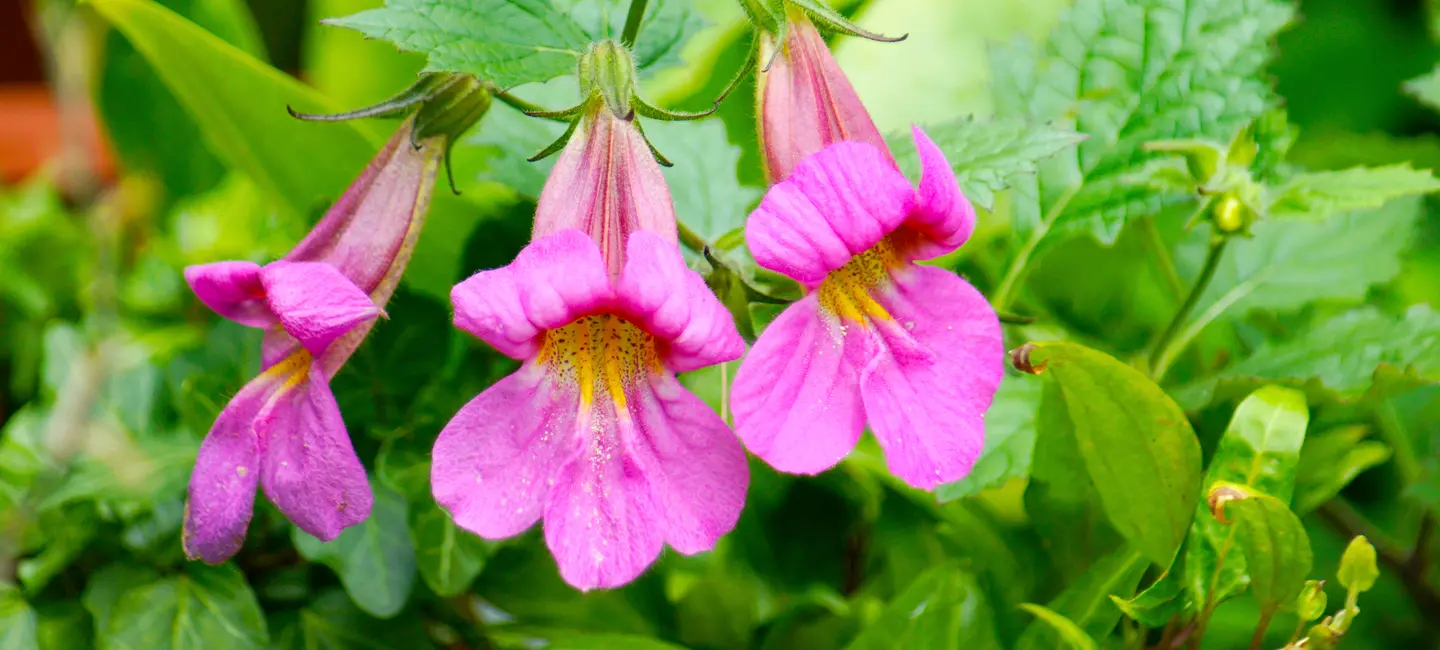
Rehmannia (Rehmannia glutinosa) is a plant mainly grown in China. It's commonly used in combination with other herbs in Traditional Chinese Medicine (TCM).
Some chemicals in rehmannia might affect the immune system and nervous system. Rehmannia might also reduce pain and swelling.
People use rehmannia for kidney disease, anemia, obesity, diabetes, and many other conditions, but there is no good scientific evidence to support these uses.
Is It Effective?
NatMed Pro rates effectiveness based on scientific evidence according to the following scale: Effective, Likely Effective, Possibly Effective, Possibly Ineffective, Likely Ineffective, Ineffective, and Insufficient Evidence to Rate.
- Long-term kidney disease (chronic kidney disease or CKD). Taking rehmannia by mouth along with the drug irbesartan might decrease the amount of protein in the urine in people with this condition.
There is interest in using rehmannia for a number of other purposes, but there isn't enough reliable information to say whether it might be helpful.
Is it Safe?
When taken by mouth: Rehmannia is possibly safe when used for up to 8 weeks. It seems to be well-tolerated.
Special Precautions & Warnings:
Pregnancy and breast-feeding: There isn't enough reliable information to know if rehmannia is safe to use when pregnant or breast-feeding. Stay on the safe side and avoid use.
Surgery: Rehmannia might affect blood sugar levels. This might interfere with blood sugar control during and after surgery. Stop using rehmannia at least 2 weeks before a scheduled surgery.
Medications for diabetes (Antidiabetes drugs)
Interaction Rating=Moderate Be cautious with this combination.
Rehmannia might lower blood sugar levels. Taking rehmannia along with diabetes medications might cause blood sugar to drop too low. Monitor your blood sugar closely.
Medications for high blood pressure (Antihypertensive drugs)
Interaction Rating=Moderate Be cautious with this combination.
Rehmannia might lower blood pressure. Taking rehmannia along with medications that lower blood pressure might cause blood pressure to go too low. Monitor your blood pressure closely.
Herbs and supplements that might lower blood pressure: Rehmannia might lower blood pressure. Taking it with other supplements that have the same effect might cause blood pressure to drop too much. Examples of supplements with this effect include andrographis, casein peptides, L-arginine, niacin, and stinging nettle.
Herbs and supplements that might lower blood sugar: Rehmannia might lower blood sugar. Taking it with other supplements with similar effects might lower blood sugar too much. Examples of supplements with this effect include aloe, bitter melon, cassia cinnamon, chromium, and prickly pear cactus.
There are no known interactions with foods.
Rehmannia is used in some Traditional Chinese Medicine (TCM) herbal combinations. But there isn't enough reliable information to know what an appropriate dose of rehmannia might be. Keep in mind that natural products are not always necessarily safe and dosages can be important. Be sure to follow relevant directions on product labels and consult a healthcare professional before using.
Chinese Foxglove, Chinese Rehmanniae Radix, Chinese RR, Di Huang, Dihuang, Gun-Ji-Whang, Japanese Rehmanniae Radix, Japanese RR, Jio, Juku-Jio, Kan-Jio, R. Glutinosa, Racine de Rehmannia, Radix Rehmanniae, Rehmanniae, Rehmannia Glutinosa Oligosaccharide, Rehmannia glutinosa, Rehmannia Radac, Rehmanniae Radix, Rehmanniae Root, RR, Rhemannia Root, Rehmannia Steamed Root, RGAE, RGX, ROS, Saeng-Ji-Whang, Sheng Dihuang, Sho-Jio, Shu Di Huang, Shu Dihuang, Sook-Ji-Whang, To-Byun, Xian Dihuang.
Information on this website is for informational use only and is not intended to replace professional medical advice, diagnosis, or treatment. While evidence-based, it is not guaranteed to be error-free and is not intended to meet any particular user’s needs or requirements or to cover all possible uses, safety concerns, interactions, outcomes, or adverse effects. Always check with your doctor or other medical professional before making healthcare decisions (including taking any medication) and do not delay or disregard seeking medical advice or treatment based on any information displayed on this website.
© TRC Healthcare 2024. All rights reserved. Use and/or distribution is permitted only pursuant to a valid license or other permission from TRC Healthcare.
